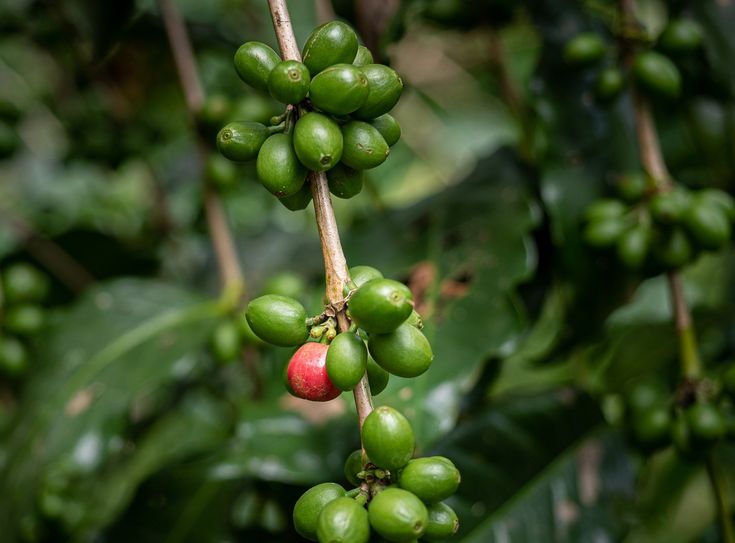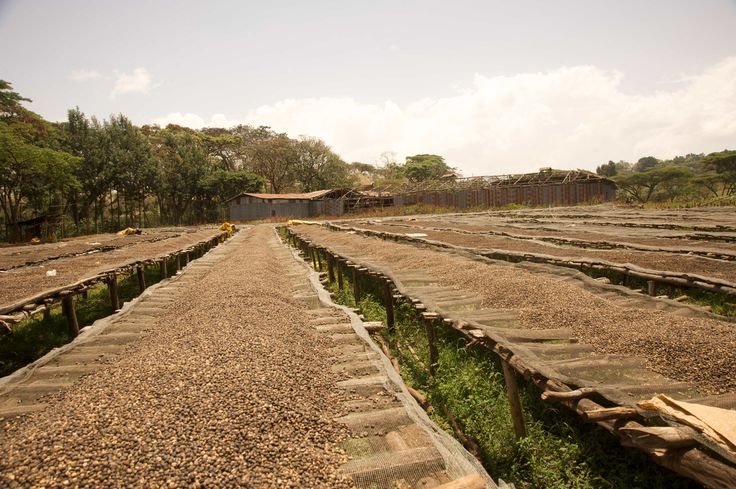
The European Union’s Deforestation Regulation (EUDR), enacted in 2023, aims to ensure that commodities imported into the EU do not contribute to global deforestation or increasing degradation. This regulation affects products such as coffee, cocoa, soy, and palm oil. For Ethiopia, where coffee is a vital economic pillar, the EUDR presents both challenges and opportunities.
The EUDR mandates that companies importing specified commodities into the EU must provide evidence that these products were not produced on land that was deforested after December 31, 2020. This involves collecting geographic coordinates of production plots and ensuring compliance with the laws of the producing country. Non-compliant goods are barred from entering the EU market, with penalties including fines of up to 4% of a company’s EU turnover.
Ethiopia’s coffee industry is deeply intertwined with its economy and culture. The sector provides livelihoods for over 5.8 million smallholder farmers and contributes approximately $1.4 billion in export revenues annually. Historically, the EU has been a significant market for Ethiopian coffee, with reports indicating that between 1998 and 2016, 53.5% of Ethiopia’s coffee exports were destined for the EU.
The EUDR’s stringent traceability requirements pose significant challenges for Ethiopia. The country’s coffee cultivation is predominantly small-scale, making it difficult to trace beans to specific plots of land. This fragmentation raises concerns about Ethiopia’s ability to meet the EUDR’s due diligence requirements, potentially jeopardizing its coffee exports to the EU.


Initially, the EUDR was set to be enforced starting December 30, 2024. However, following feedback from various stakeholders, including Ethiopia, the European Commission proposed a one-year delay, pushing the enforcement date to December 30, 2025, for large companies and June 30, 2026, for small businesses. This delay aims to provide exporting countries like Ethiopia with additional time to implement necessary measures to comply with the regulation.
In anticipation of the EUDR, the Ethiopian government has developed a national action plan to promote deforestation-free coffee production. This plan includes enhancing traceability systems, supporting smallholder farmers in adopting sustainable practices, and ensuring compliance with both national and international standards. However, experts warn that even a 10% increase in compliance costs could lead to a nearly 1% reduction in GDP, equating to a loss of over $1 billion for Ethiopia.
To mitigate potential adverse effects, stakeholders emphasize the need for comprehensive solutions that balance environmental objectives with the livelihoods of millions of small-scale farmers. Collaborative efforts involving the Ethiopian government, international development partners, and private sector actors are crucial to build capacity, provide technical support, and develop traceability systems that meet EU standards.
The EUDR represents a significant shift toward sustainable trade practices, aligning consumer markets with environmental conservation goals. For Ethiopia, adapting to these new requirements is imperative to maintain its coffee export revenues and protect the livelihoods of millions. By embracing the regulatory changes proactively, Ethiopia has the opportunity to enhance its coffee industry’s sustainability credentials, potentially accessing new markets and strengthening its position in the global coffee sector.
